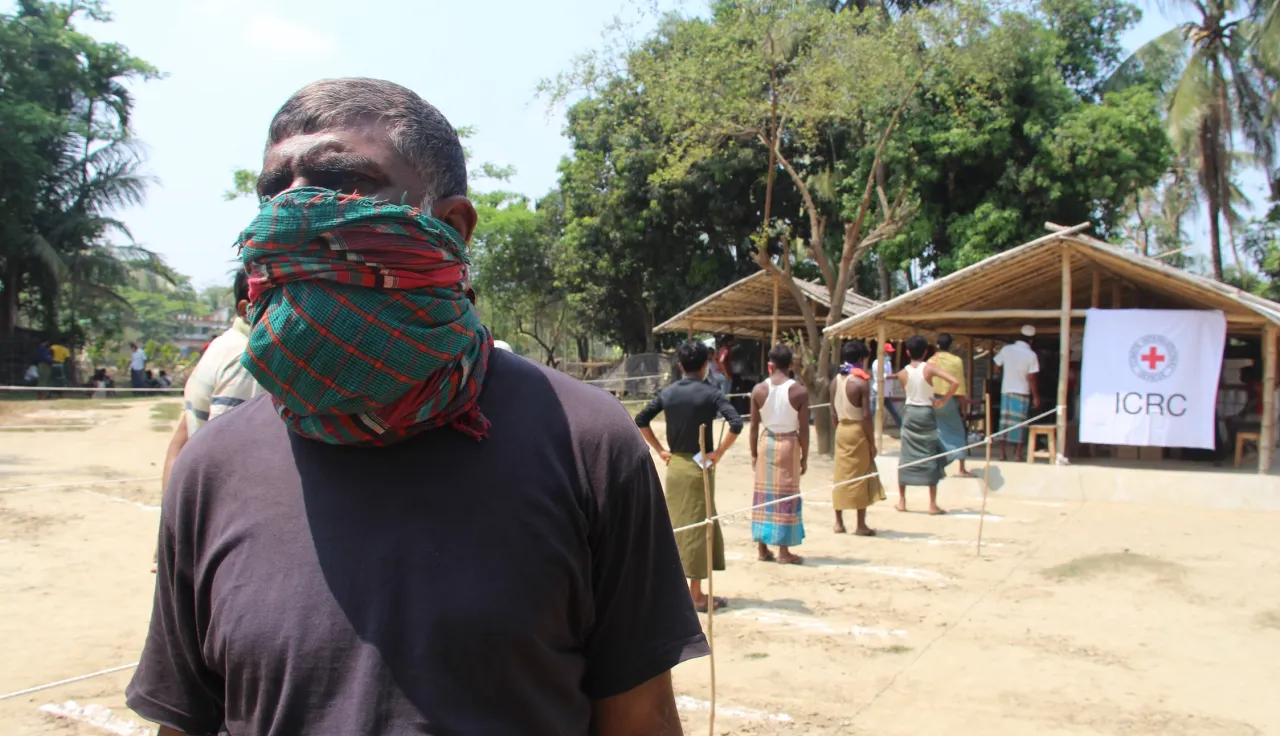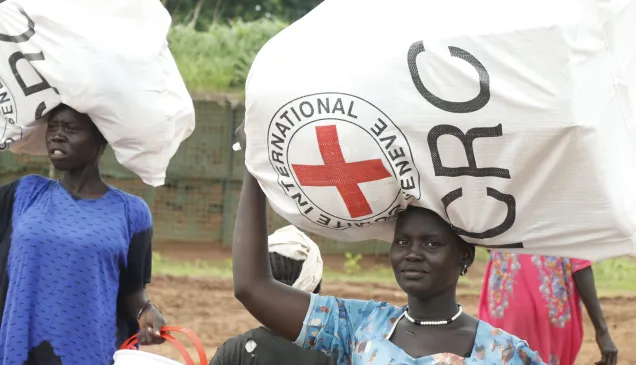COVID-19: Incomes have stopped overnight, for many that immediately threatens being able to eat

The COVID-19 pandemic threatens to be a global socio-economic earthquake. It will be felt acutely in the world’s conflict zones, where millions are already coping with little or no health care, food, water and electricity, precarious livelihoods, volatile prices and destroyed infrastructure.
Much-needed public health measures like lockdowns and curfews make it difficult or impossible for many people to provide for themselves and their families. Small shops are shuttered. Cafes sit empty. Street vendors have lost their passing trade.
Over time, levels of hunger, malnutrition and illness and stress linked to economic problems could soar; as global and local supply chains are disrupted notably for food, while markets for labour, goods and services will be weakened by reduced supply and demand.
Failing to address the secondary impact of COVID-19 on food security and livelihoods now, will inevitably lead to negative consequences on health and protection of people living in conflict-affected and fragile countries, in the short and longer term.
Coronavirus can affect anyone.
Just not equally. pic.twitter.com/S0dfrSqebn— ICRC (@ICRC) April 24, 2020
Deep humanitarian needs will worsen, and new ones will emerge if the international community doesn't factor socio-economic aftershocks into our response. Authorities and local responders must be supported now to ensure people's lives, livelihoods and food security are protected.
The hardest hit will be households already food insecure, informal labourers, displaced populations (notably living outside of camps), and those dependent on markets for their food consumption. But we will also see communities of people who were otherwise relatively resilient, needing assistance both during and after the current crisis. This crisis presents a huge risk to hard-won development gains.
Food systems will be particularly vulnerable during this crisis. The pandemic is disrupting agricultural seasons across the world as people struggle to access inputs such as quality seeds. This in combination with broken market links and access both at the global and local level; food price fluctuations; and weakened purchasing power of vulnerable households will quickly take their toll.
Rahama's perfume stall has changed her and her family's life.
Now #COVID19 threatens her livelihood.https://t.co/TKWphdV7tS— ICRC (@ICRC) April 27, 2020
While developed countries are unveiling massive financial aid packages to support unemployed and small and medium-size businesses, governments of conflict-affected countries often will not have this capability. Social protection systems, including financial safety nets and food subsidies, are either non-existent, exclude some of the most vulnerable and marginalised, or existing finances will be focused public health efforts.
Where governments in conflict-affected and fragile countries are able to roll out social protection measures, the complex setting could slow or prevent these measures from reaching everyone.
The international community must respond and allocate resources to curb the COVID-19 pandemic. At the same time, it is essential that existing humanitarian activities in relation to food security and nutrition continue; social protection programmes, both formal and informal, must be reinforced, including the use and scaling up of cash support where possible; and farmers and livestock owners must be supported to continue their activities, store their produce, and connect to consumers.



